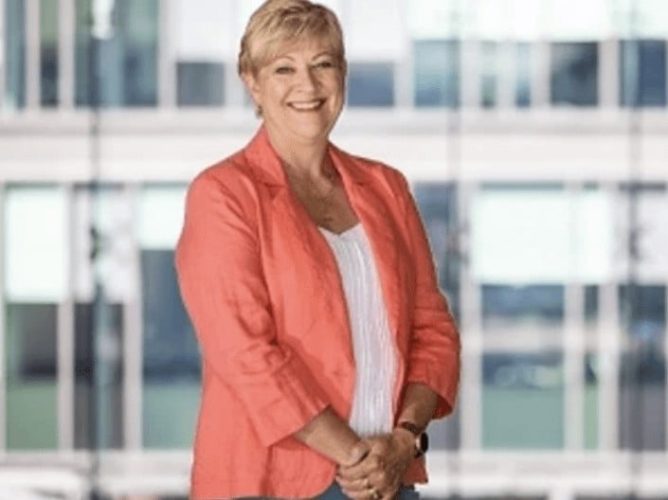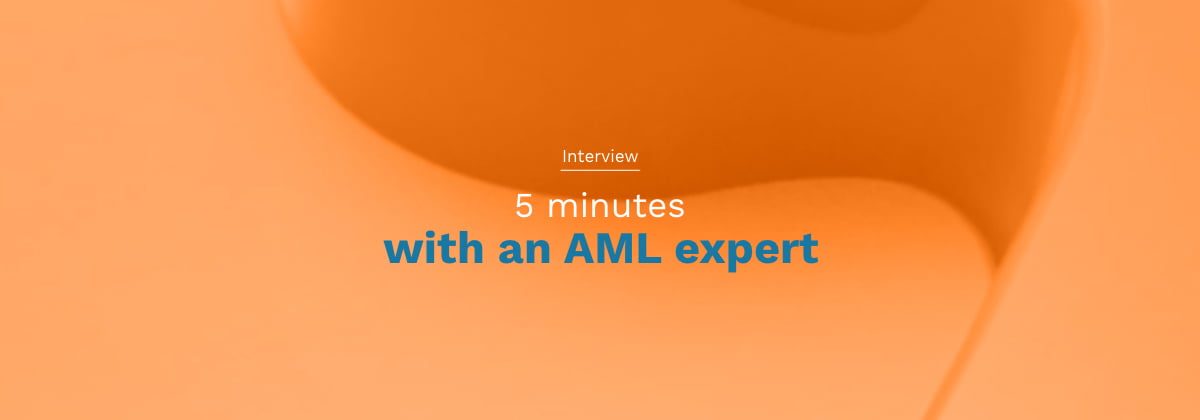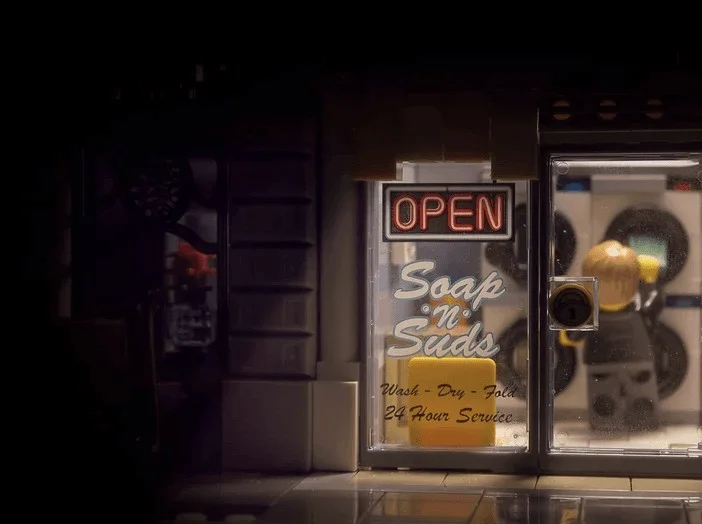Julie McCullough, Head of Compliance and Quality Assurance, First Mortgage Trust
1. What has your journey looked like working in AML?
Bumpy at times!
I was working in the banking industry when the AML legislation was first introduced in 2013.
There was a great deal of education required then (and still is) around obtaining the relevant information. Kiwis tend to be very reluctant to discuss their financial position, and it took some time for our people to be comfortable asking the clients for the information, and for clients to provide the correct information required.
However, it’s good to see that over the years policies and procedures have evolved as the finance industry got to grips with what is needed to comply with the legislation. It has also become easier as more industries have been brought into the AML regime, such as real estate, legal, and accounting.
2. What part of what you’ve learnt has helped or led to your current role?
In 2018 I started at First Mortgage Trust (FMT). A key part of my role is focussing on AML and developing our client onboarding processes to make it as simple as possible for both investors and borrowers.
My previous experience in leadership roles and my sound working knowledge of AML from the banking industry has helped me get to where I am today.
Since being at FMT I have been able to enhance the existing AML framework, introduce and develop new assurance controls to assist with ongoing customer due diligence (CDD), and provide staff training and guidance. We also recently introduced a biometric solution to complete CDD which has been adopted well and has resulted in a reduction of time and paperwork for both clients and the team.
3. Is this something you’ve consciously worked towards, or saw as an opportunity to gain more experience in the AML sector and your AML journey
My knowledge has been enhanced considerably since I have been with FMT. Being part of a smaller company, where we have three in our compliance team has meant a much closer relationship with our directors, regulators, supervisors and auditors. Therefore, the need to be fully across all things AML!
I love the fact that what our small compliance team does makes a huge contribution to the business by protecting our clients’ interests as well as our staff and shareholders.
4. What are some of the biggest challenges, in your opinion, businesses and people face with AML?
I think some of the biggest challenges a lot of companies face is around understanding some of the requirements, especially regarding Source of Wealth (SoW) and Source of Funds (SoF).
Basic CDD is pretty much BAU now for a lot of companies, however ensuring we get the appropriate verification documents to support SoW/F can still be problematic, especially if it involves offshore clients from high-risk countries.
I believe this can be mitigated by ongoing staff training to ensure they have a good understanding of the documents to request based on each client’s individual situation – it’s important people understand one size does not fit all. Also, if clients have a clear understanding from the outset of what they need to provide (and why) then it is much easier for all.
5. Do you think there is a lack of understanding or confusion with AML?
Not as much as there once was. There has been a lot of guidance provided from a number of sources such as the FMA and DIA. There is also more in the media regarding the consequences of money laundering and how it affects communities close to home.
The requirement to provide ID and verification of address has become the norm for most customers across many businesses they interact with (banks, real estate, solicitors, accountants etc), however, as I have said previously, I feel SoW/SoF is still an area that lacks understanding.
And what can those in the industry do better, in your opinion?
Consistency in application and onboarding!
We encounter times when clients say other organisations haven’t asked for verification information as we have. This can be frustrating for the client, however, in recent times AML audits have identified other organisations’ shortcomings, so I guess the industry is moving in the right direction.
What are or is the biggest positive change you’ve seen?
Technology and the ability to use biometrics – it’s fast and paperless!
6. During your career have there been standout people who’ve motivated and mentored you and how did they, if at all, impact where you are now?
There have been many over the years, too many to mention. Mainly leaders who have provided encouragement and supported me in furthering my career and given me opportunities to grow within the business.
7. What are your top tips/ suggestions for those looking to further their journey in this sector?
- Be open to new ways of doing things.
- Subscribe to any information that’s AML/industry related.
- Keep up to date with industry developments.
- Network – attend AML Summit/FIU conferences and any relevant seminars.
- Have a good working relationship with both internal and external stakeholders.
- Grab opportunities as they arise – or make your own!

Julie McCullough, First Mortgage Trust
For more interviews from those working in the AML industry, read our interview with Khumo Motisisi from Clarency, Singapore Pte. Ltd.




